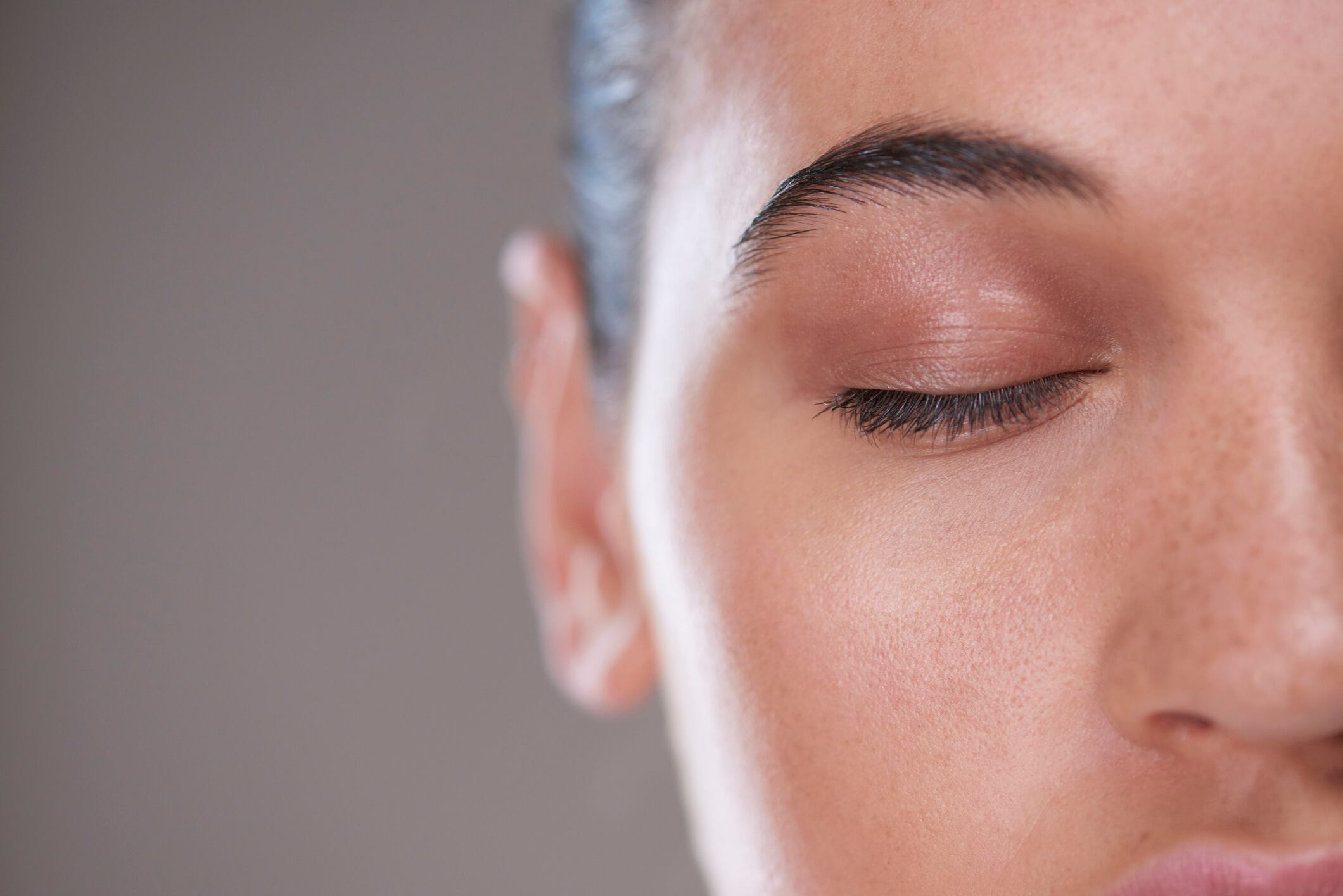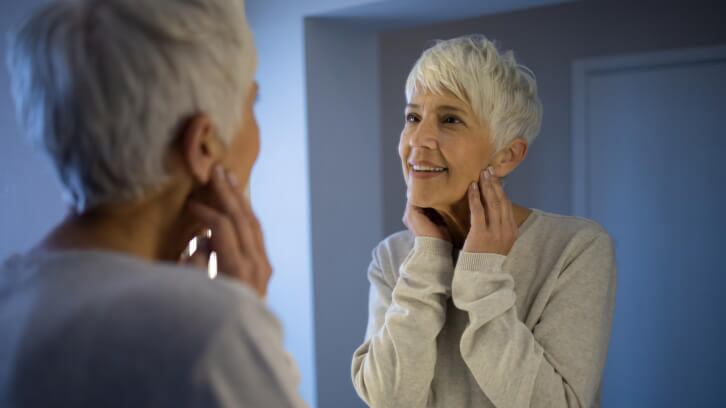Cosmetics Design spoke to Imogen Matthews, Founder of the Premium Market Report and Consultant to Innova Market Insights, to find out more about the latest findings from its Sustainable Beauty Report, which is due to be published later in the Fall.
Focused on both products and formulation, the report has some interesting findings, showing how, as the market for sustainable beauty grows, it is also becoming an increasingly complex formula to crack.
At the forefront of this, younger beauty consumers are increasingly concerned about the impact of climate change on the environment, making them far more willing to make changes to their beauty routine that are perceived to be good for the planet.
What beauty sustainability means varies by country
Matthews points out that over the past five years consumer attitudes towards sustainability in beauty have continued to vary in different parts of the world. The Innova Beauty, Household & Personal Care Survey 2023 findings support this, showing that 48% of consumers in Brazil take it to mean “preventing environmental damage”, while in France, 32% said it means “zero waste”, in Japan 34% cite “sustainable packaging”, as do 39% of UK consumers.
“Such lack of clarity globally on what sustainable beauty means highlights the challenges facing the beauty industry in getting a coherent message across to consumers,” said Matthews.
The Innova report also found that the top five sustainability attributes that global consumers look for when purchasing beauty and personal care products are: Natural and organic (34%); Cruelty-free/not tested on animals (26%); Biodegradability (26%); and Free from ingredients (26%).
Gen Z are all about sustainability
The report also points to a significant difference in perceptions of sustainability and its importance among the various consumer groups.
“Gen Z are the most sustainability-aware consumers who are most likely to make decisions to avoid synthetic ingredients and opt for plant-based claims,” said Matthews.
“Brands are responding, and new product innovations are entering the market containing no carmine or animal-derived ingredients. carmine is derived from crushed beetles and often used in make-up to add vibrancy to lipsticks, blushers, eyeshadows and nail polishes. Hourglass Cosmetics have launched a carmine-free red lipstick and KVD beauty offers and entire line of products that don’t contain any animal-derived ingredients.”
Building trust through meaningful claims
The challenge of how brands approach the topic of sustainability and make it relatable to consumers is perhaps one of the biggest that brands face in this area. Consumers have a growing awareness of greenwashing and claims that really do not amount to much, so brands have to take a cautious approach, while also making their claims meaningful.
The report highlights how initiatives like the Bring Your Own (BYO) trend and certification programs such as B Corp are impacting the beauty category, serving to raise the bar on meaningful initiatives that can really make a difference to the environment.
“BYO water products are powdered or concentrated formulas that are activated with standard tap or mineral water. It removes water from the manufacturing process, packaging can be lightened and streamlined, thereby reducing CO2 emissions in transportation,” said Matthews.
“To make BYO products more appealing and sensorial, brands need to look at technologies that turn water-and-oil products, such as moisturizer into small dry pieces of confetti-like paper, which are activated with water. This approach is likely to have widest appeal with younger, more experimentally inclined consumers.
“Achieving B Corp is the gold standard in sustainability that brands aspire to. Although it is one of the hardest sustainable certifications to achieve, there have recently been many more successful beauty brands achieving B Corp status, which clearly state a brand’s eco and ethical commitments. Examples include Elemis, Aveda, Pai skincare and UpCircle Beauty.”
What manufacturers and suppliers are doing
We also asked Matthews about the type of sustainability initiatives that manufacturers and suppliers are coming up with to resonate with beauty consumers, which include an emphasis on plant-derived ingredients and products that have less of an impact on the environment, like biodegradable materials.
These are some of the initiatives that will be highlighted in the report:
- Givaudan have developed two vegan and sustainable makeup pigments.
- French Sensient Beauty has developed a series of plant-derived pigments made from purple potatoes, black carrot, radish and turmeric for use in beauty applications form lipsticks to shampoo and hair dyes.
- Biodegradable or plant-based glitters are emerging on the market. Eco glitters are made from plant-based materials such as eucalyptus cellulose which can decompose naturally.
- Mica gives makeup a shimmery or sparkly effect but has been linked to child labor and exploitation in countries such as India and Madagascar. Responsible Mica Initiative (RMI) has partnered with traceability platform Tilkal to track the pigment and verify the supply chain.
What the future of sustainable beauty spells
Turning to the future of beauty sustainability, the report points to how the trust and validity of claims is going to be crucial to the weight brands will be able to give to products that are intended to make a positive impact on the environment.
“The industry must overcome the intense greenwashing that is prevalent in the beauty sector, which is one of the biggest barriers for consumers wanting to pursue a more ethical lifestyle,” said Matthews.
“According to Innova’s Beauty, Household and Personal Care Survey 2023, only 10% of consumers globally strongly agree with sustainability claims being trustworthy. Educating beauty consumers by providing transparent and honest information will be key, and it’s not just about talking about sustainable packaging, but other areas of societal and environmental impact.



